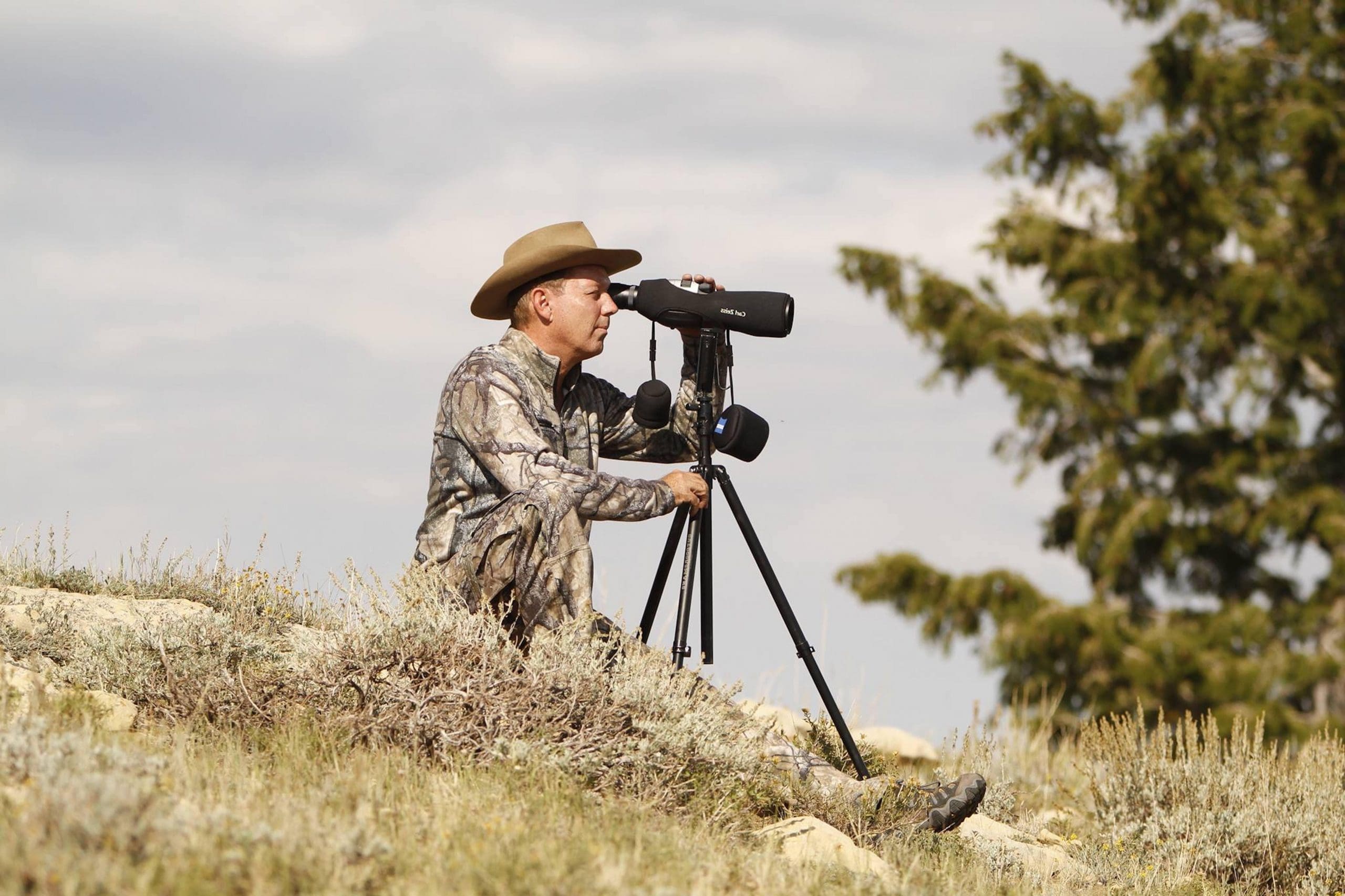When I was younger, I thought money was freedom and happiness.
The assumption that more money will make us happier is etched into our collective consciousness. It’s so basic that most people never stop to question it. Happiness is something we all want; it’s the holy grail of Western civilization. Our culture champions it, promotes it with billions of dollars in advertising each year, and institutionalizes it in our public policy. Happiness is also the primary promise that most good investment advisors like me focus on.
Everything we humans do, consciously or unconsciously, we do because we believe or hope that it will make us happy.
In many ways, we do have a lot to be happy about. The average American now lives much better than most kings and queens have throughout history. American purchasing power is higher than ever. Homes, cars, technology, and entertainment are everywhere. So, is the assumption true? Are we happier?
No!
The spectacular increase in American wealth and consumerism has had almost no net positive effect on our society’s overall happiness. Plenty of studies now show that believing money is more important than other values—like relationships with loved ones, spirituality, and service to others—is actually detrimental to happiness. Clearly, there’s more to happiness than wealth, luxury, and material comforts.
Here’s a fun question, then: How much money do we need to maximize our happiness?
The bottom line is that financial security remains the gold standard. Reaching a solid middle-class income is harder than it’s ever been for many Americans. But once your household income reaches that middle-class range, increased income can, instead, have a diminishing positive impact on your happiness and well-being.
Getting rich simply doesn’t guarantee your happiness.1
Depending on the price you pay to earn that wealth, more income can even reduce your quality of life. Struggles with loneliness, self-esteem, and mental health are rampant, regardless of how big your bank account is. As the late Ed Diener—psychologist, professor, and author—rightly said, “Materialism is toxic for happiness.”2 But most Americans don’t seem to believe this, and instead, they fill their lives with things that won’t help them get where they want to be.
Why do we chase money so hard?
Part of it is America’s culture, of course. The media and advertising industries are two giant institutions that have a vested interest in ensuring we consume more and more stuff each year. But another part of the problem is a more subtle villain: human nature.
Humans tend to return to a stable state of happiness (or unhappiness) no matter what positive or negative experiences we go through. Psychologists call this the “hedonic treadmill.” As our income increases or we buy fancy new things, our expectations about what and how much we’re supposed to have also rise proportionally. We adapt to our new materialistic normal and after a while no longer feel any permanent gain in happiness. To maintain the same level of happiness through consumption, then, we have to continually buy new things. This is what the concept of retail therapy is all about. It’s great for the economy, but bad for you and your financial security.
As an investment advisor, I often work with people who believe that more money will buy them more happiness.
For decades, I’ve watched investors, clients, and people I care about try and fail to make this belief a reality—because it’s simply not true. Every year, I’ve gotten better and better at helping them make money.3 And every year, my drive to help people figure out what would really, genuinely make them happy has grown.
That’s what I set out to do in my book, Hunting for True Wealth. Once you understand what will bring you real happiness, you can determine how much money you actually need to live your ideal life. It may be a lot less than you originally thought.
Hunting for True Wealth is not only about making money. It’s about learning how to build financial wealth. Along the way, though, you’ll discover something more important:
You’ll discover what it means to be truly wealthy.
- True wealth is the lifelong experience of deep happiness, fulfillment, and learning.
- True wealth is focusing on the overall quality of your life.
- True wealth is becoming an empathetic, caring person.
- True wealth is owning your life and taking back control of your life when it’s gone sideways.
True wealth isn’t an achievement or prize you win once you reach a certain age or once your bank account gets big enough. It’s the sum total of all your experiences, good and bad, at any given point in your life. Getting that sum total right is the very essence of true wealth.
In my book, I’ll show you how applying what I call “The Five Principles of True Wealth” can help you live a fulfilling life of happiness and success. To illustrate the five principles, I’ll entertain you with exciting and sometimes nail-biting stories from my adventures as a trophy-winning, big game hunter. You don’t want to miss this!
- Chris Taylor, “What the World’s Longest Happiness Study Says about Money,” Reuters, February 6, 2023, https://www.reuters.com/markets/wealth/what-worlds-longest-happiness-study-says-about-money-2023-02-06/, accessed June 15, 2023.
- Marilyn Elias, “Psychologists Now Know What Makes People Happy,” USA TODAY, December 8, 2002, http://www.usatoday.com/news/health/2002-12-08-happy-main_x.htm. A PDF of this article is available at https://www.tamdistrict.org/cms/lib8/CA01000875/Centricity/Domain/576/what_makes_people_happy.pdf, accessed July 6, 2023.
- Any information contained in this blog is for informational purposes only and is not intended as an offer or solicitation with respect to the purchase or sale of any security. Investments in securities involve the risk of loss. Past performance is no guarantee of future results. This information is not a substitute for consultation with a competent financial, legal, or tax advisor.



